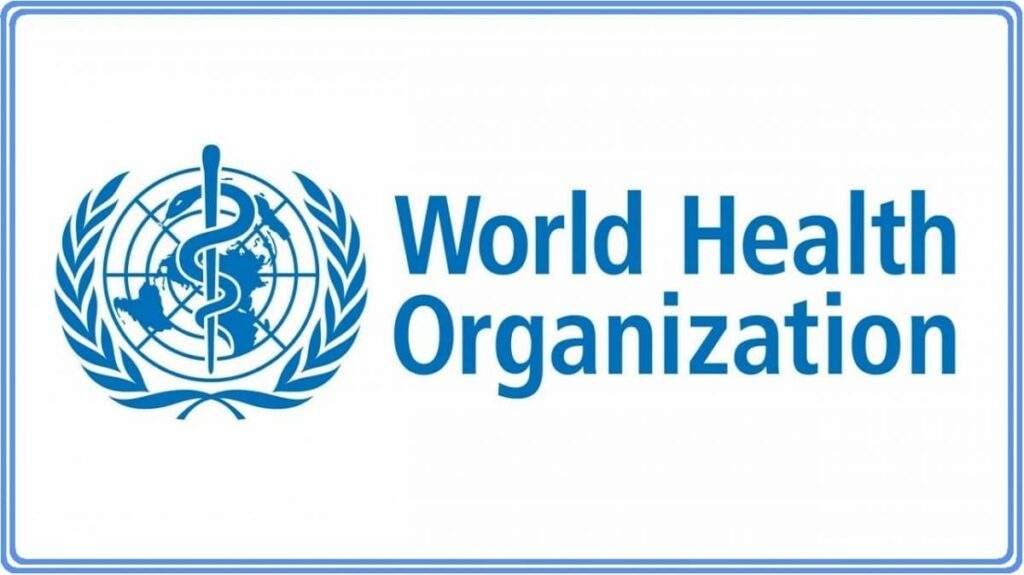The World Health Organization has called for increased support from governments and stakeholders to strengthen and sustain blood programs at national and regional levels. This call was made by the WHO Regional Director for Africa, Dr Matshidiso Moeti, in a statement marking the 2023 World Blood Donor Day.
Matshidiso highlighted the importance of donating blood as an act of solidarity. He stressed that blood donation could help ease the pressure on health systems, as well as save lives. He urged governments and partners to invest in blood transfusion services, describing it as a critical component of effective health systems that provide equitable healthcare and promote universal health coverage.
The World Blood Donor Day is celebrated annually to recognize and thank voluntary blood donors worldwide for their selfless act of donating blood. This year’s focus is on achieving universal access to safe blood transfusion.
In Africa, notable progress has been made in developing nationally coordinated blood transfusion services and national standards for collecting, testing, processing, storing, and distributing blood and blood products. However, only eight countries have blood services that prioritize quality and safety for patients and donors. Non-remunerated blood donors still account for a high percentage, with 16 countries contributing over 80% of voluntary non-remunerated blood donation. There is also a low average donation rate of 5.9 units per 1000 people, in contrast to high-income countries with 33.1 donations per 1000 people. The WHO has therefore decried the financial barrier to accessing safe blood.
